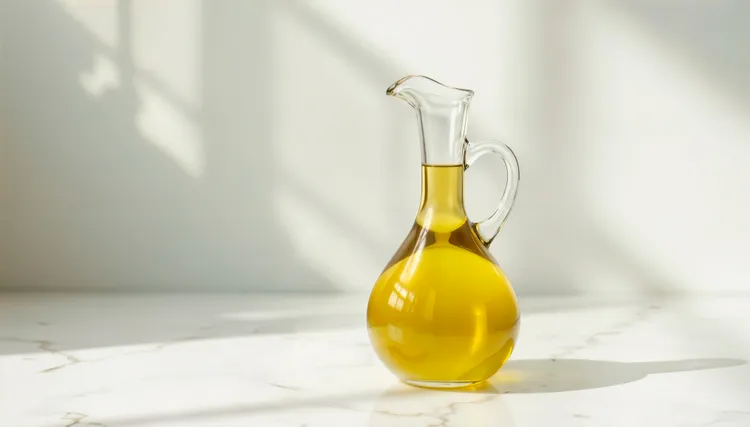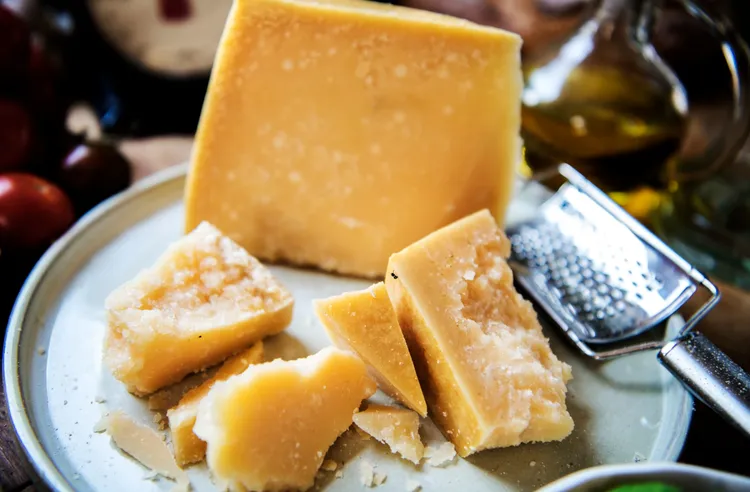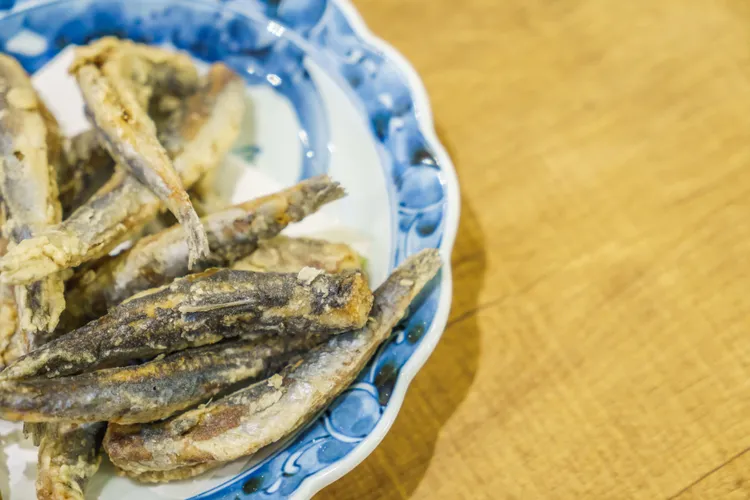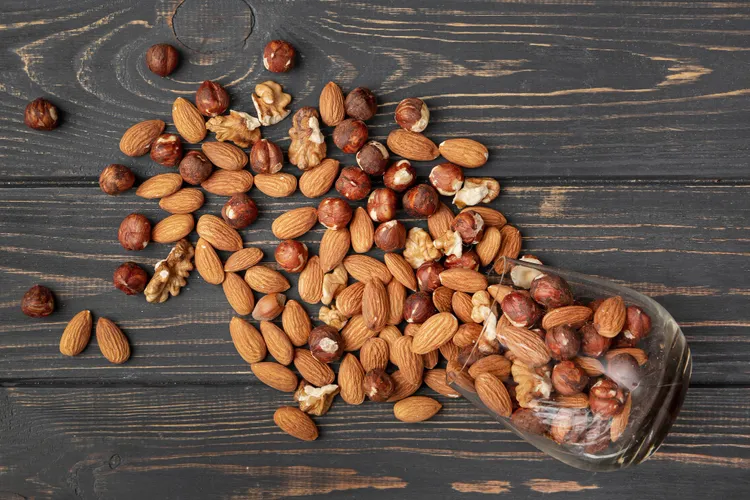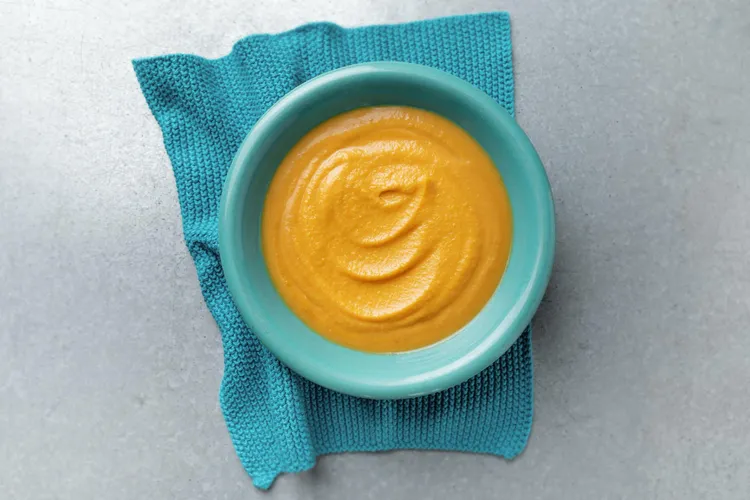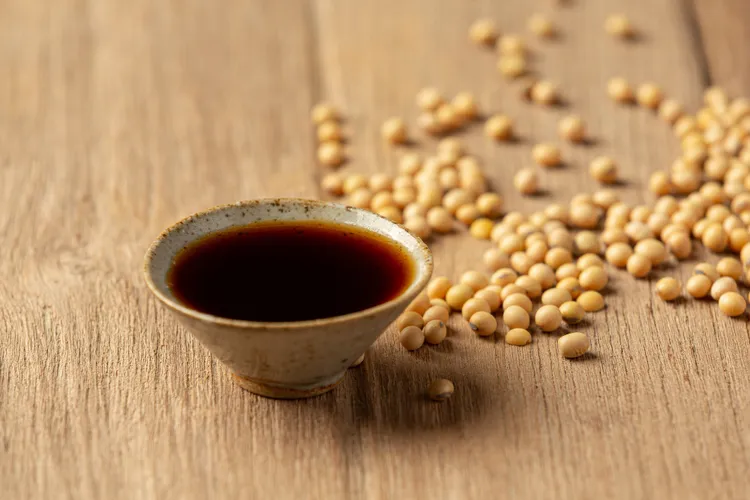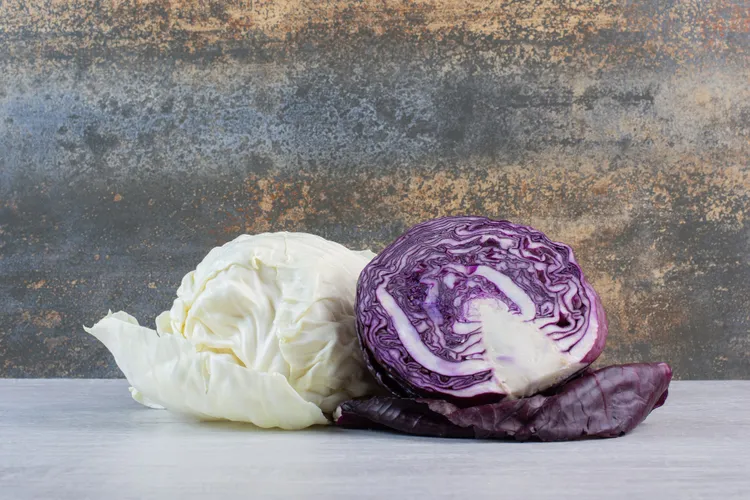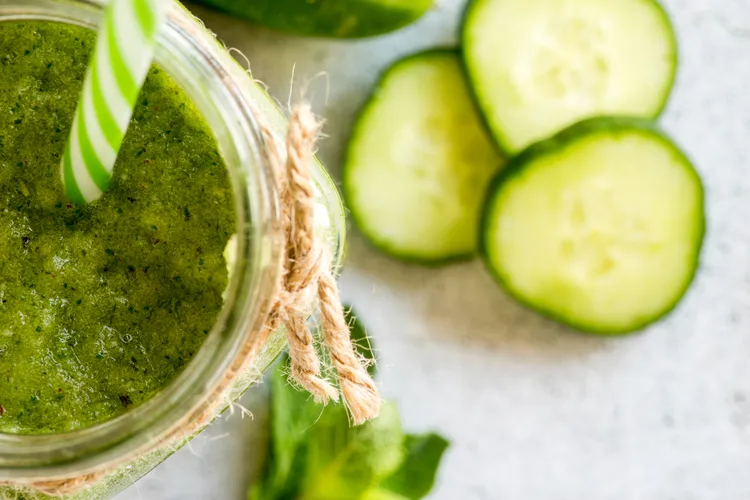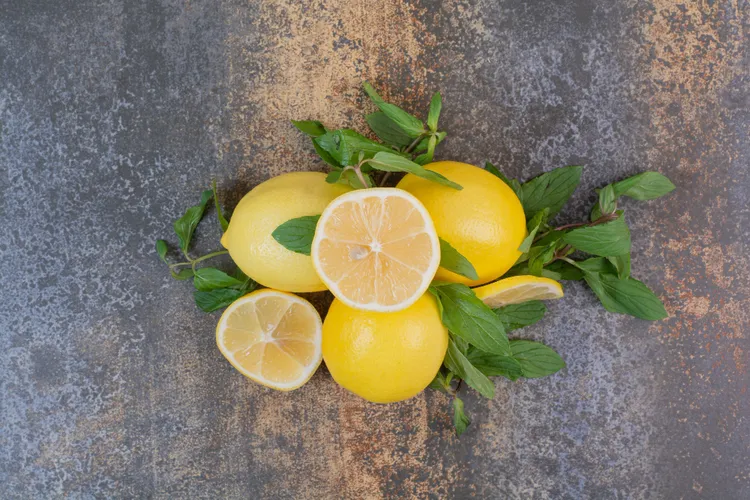Non-Alcoholic Substitutes for Cooking with Wine, Beer, and Spirits
Cooking with alcohol adds depth, acidity, and richness to dishes - but not everyone can or wants to cook with wine, beer, or spirits. Whether you’re cooking for children, pregnant guests, or anyone avoiding alcohol, you don’t need to sacrifice flavor. With the right substitutes, you can still achieve the same balance and complexity that alcohol brings to food.
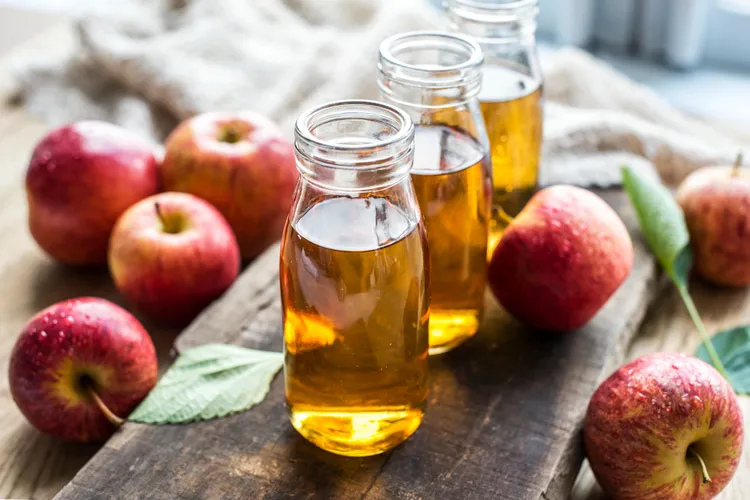
Why Use Substitutes?
-
Dietary Restrictions: Perfect for guests avoiding alcohol.
-
Health & Lifestyle Choices: Many people prefer not to consume alcohol but still want great flavor.
-
Availability: Sometimes you just don’t have wine or beer on hand.
Substitutes for Wine
White Wine Alternatives
-
White grape juice + a splash of vinegar (apple cider or rice vinegar)
-
Chicken or vegetable stock + lemon juice
-
Apple juice (unsweetened) for a lighter touch
Best for: Chicken, seafood, risotto, white sauces.
Example Recipe: Shrimps in Garlic & White Wine
Tip: Swap the wine for white grape juice with lemon juice for a family-friendly version.
Red Wine Alternatives
-
Red grape juice + balsamic vinegar
-
Cranberry juice (unsweetened)
-
Beef stock with a splash of pomegranate juice
Best for: Beef stews, sauces, tomato-based dishes.
Example Recipe: Beef with Almond Picada
Tip: Replace red wine with a mix of grape juice and balsamic vinegar for a balanced flavor.
Substitutes for Beer
-
Non-alcoholic beer (closest flavor match)
-
Chicken or beef stock (adds savory depth)
-
Ginger ale or root beer (for batters and marinades - gives carbonation and sweetness)
-
Apple cider (non-alcoholic)
Best for: Batters, braised meats, breads, stews.
Example Recipe: Beer-Marinated Grilled Shrimp
Tip: Try ginger ale as a substitute for the same fizzy, tenderizing effect.
Substitutes for Spirits
Rum Substitutes
-
Rum extract (alcohol-free) diluted with water
-
Pineapple juice or apple juice for fruity desserts
-
Molasses mixed with a little juice for dark rum flavor
Example Recipe: Chocolate Rum and Raisin Puddings
Tip: Swap rum for molasses + apple juice for a cozy, non-alcoholic twist.
Whiskey Substitutes
-
Whiskey extract (alcohol-free)
-
Apple cider vinegar mixed with stock
-
Smoky tea (like lapsang souchong) for a deep, woody flavor
Brandy Substitutes
-
Peach, apricot, or apple juice
-
Brandy extract (non-alcoholic)
Best for: Cream sauces, flambé alternatives, desserts.
Flavor-Matching Chart
Here’s a quick guide to help you swap alcohol with non-alcoholic alternatives while keeping your dish balanced and delicious:
| Alcohol | Non-Alcoholic Substitute | Best For |
|---|---|---|
| Red Wine | Red grape juice + balsamic vinegar | Beef stews, tomato sauces, braised meats |
| White Wine | White grape juice + lemon juice | Risottos, chicken dishes, seafood sauces |
| Beer | Ginger ale, non-alcoholic beer, apple cider | Batters, breads, marinades, chili |
| Rum | Rum extract, pineapple juice, molasses | Cakes, puddings, fruit desserts |
| Whiskey | Apple cider vinegar + stock, smoky tea | BBQ glazes, marinades, sauces |
| Brandy | Peach, apricot, or apple juice | Cream sauces, flambé alternatives, holiday desserts |
Use this as your quick-reference chart when cooking without alcohol.
Balancing Sweetness & Acidity
Fruit juices make excellent substitutes, but they’re often sweeter than wine or spirits. To prevent your dish from becoming too sweet:
-
Add a splash of vinegar (apple cider, rice, or balsamic) to mimic acidity.
-
Squeeze in a little fresh lemon or lime juice to brighten sauces and marinades.
-
Use unsweetened juices whenever possible.
This balance ensures your substitute doesn’t overwhelm the dish.
Smart Pantry Tips
Cooking alcohol-free becomes easier if you stock a few essentials:
-
Keep small bottles of vinegars and citrus juices on hand.
-
Store molasses, fruit juices, and extracts for dessert recipes.
-
Freeze leftover juice in ice cube trays - perfect for quick use in sauces and marinades.
With these pantry hacks, you’ll always have the right flavors ready to go.
Global Inspiration
Non-alcoholic cooking isn’t new - many cuisines use these substitutes naturally:
-
Italian cuisine: Grape juice reductions for sauces.
-
Middle Eastern cuisine: Pomegranate molasses in stews and salads.
-
Asian cuisine: Rice vinegar, soy sauce, and miso stocks for depth and umami.
By leaning on these global traditions, you’ll discover substitutes that are authentic and full of flavor.
Even if you skip the alcohol, you can still enjoy the techniques. Browse these related guides to learn how each type of drink is used in cooking - and how to replace it.
Cooking without alcohol doesn’t mean cooking without flavor. By choosing the right non-alcoholic substitutes - from grape juice and vinegar to stock and fruit juices - you can keep your dishes balanced, delicious, and welcoming to everyone at the table.
So whether you’re making a creamy white sauce, a hearty stew, or a decadent pudding, remember: there’s always a way to bring flavor without the booze.
FAQs about Non-Alcoholic Substitutes for Cooking with Wine, Beer, and Spirits
Do non-alcoholic substitutes change the recipe’s texture?
Not usually. They mimic acidity or sweetness, so the texture remains similar.
Can I always replace alcohol 1:1 with substitutes?
Yes, but taste as you go. Some juices are sweeter than wine or spirits, so balance with vinegar or lemon juice.
What’s the closest substitute for beer in bread?
Non-alcoholic beer or carbonated water mixed with malt extract.
Will I lose flavor without alcohol?
Not if you choose wisely. Many substitutes provide the same acidity, sweetness, or complexity that alcohol adds.
Can I flambé with substitutes?
No. Flambé requires alcohol to ignite. Instead, create a syrup with fruit juice and caramel for a similar dramatic drizzle.
Can I use vinegar instead of wine in cooking?
Yes, but use it carefully. Vinegar is more acidic than wine, so dilute it with stock or water. For example, replace ½ cup wine with ¼ cup vinegar + ¼ cup stock.
What’s the best non-alcoholic substitute for red wine in beef stew?
Red grape juice with a splash of balsamic vinegar works best. It provides both the sweetness and acidity of red wine while keeping the rich flavor profile.
Can I use fruit juice instead of beer in bread?
Yes, but carbonation matters. If you use fruit juice, add sparkling water or club soda for the same rise that beer provides.
Do non-alcoholic substitutes make desserts too sweet?
Some can. When replacing rum or brandy with fruit juice, reduce added sugar in the recipe to keep balance.
Is there a substitute for rum in tiramisu?
Yes! Use strong brewed coffee, a touch of vanilla extract, or rum extract (alcohol-free) to replicate rum’s warmth.
What’s the healthiest substitute for cooking with wine?
Low-sodium vegetable or chicken stock with a squeeze of lemon juice. It’s light, flavorful, and reduces added sugar.
Can I cook with non-alcoholic wine or beer?
Absolutely. Non-alcoholic wines and beers are designed to replicate flavor, making them the closest substitutes for their alcoholic versions.
Do these substitutes change the cooking time?
No - they don’t alter cooking time. But since juices are sweeter, simmer them a bit longer if you want to mellow out the flavor.
Can I flambé without alcohol?
No, flambéing requires alcohol to ignite. For a dramatic effect without alcohol, you can pour hot caramel sauce or light a cinnamon stick for a “flaming” garnish effect.
Are store-bought “cooking wines” alcohol-free?
No. Most contain alcohol and added salt. If you want alcohol-free, stick to juices, vinegars, or stocks.
